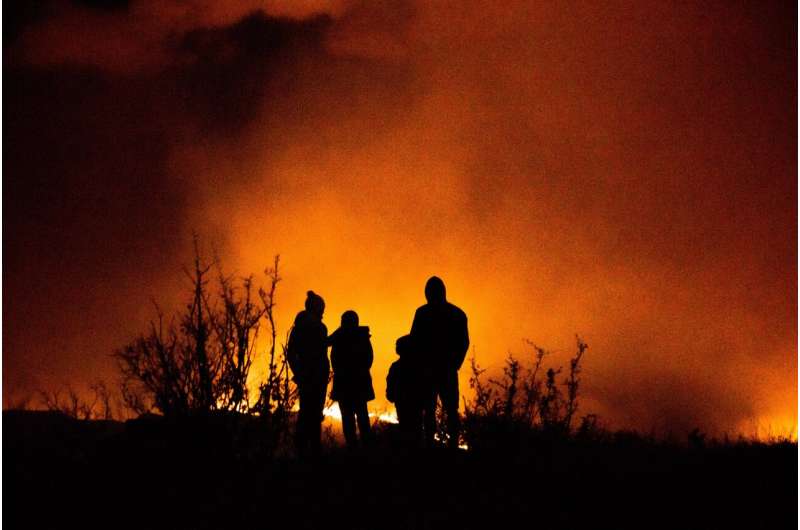The world is hurtling towards a dangerous future, with climate change driving unprecedented disasters across the globe. From record-breaking tropical storms to devastating wildfires and droughts, the planet is in peril. This article explores the latest climate report, which warns that even if governments meet their emissions goals, we may still face 2.7°C of warming – nearly double the Paris Agreement target. The article delves into the drivers of this crisis, including the continued reliance on fossil fuels, deforestation, and the loss of reflective sea ice. It calls for urgent, transformative action to slash emissions, boost natural climate solutions, and ensure climate justice for vulnerable nations. Paris Agreement, Climate change

Uncharted Territory: The Escalating Climate Crisis
The world is facing an unprecedented climate crisis, with the planet hurtling towards 2.7°C of warming – nearly double the Paris Agreement’s goal of limiting warming to 1.5°C. This stark reality is revealed in the 2024 State of the Climate report, produced by a team of international scientists.
The report paints a grim picture, with 25 of the Earth’s vital signs now at record levels and all trending in the wrong direction. From rapidly intensifying tropical storms to devastating wildfires and droughts, the impacts of climate change are becoming increasingly severe and widespread. These conditions are unlike anything our prehistoric ancestors would have faced, posing a grave threat to human civilization as we know it.
Unrelenting Fossil Fuel Dependence and the Call for Action
Despite years of warnings from scientists, fossil fuel consumption remains at an all-time high, pushing the planet towards dangerous levels of warming. While renewable energy sources like wind and solar have grown rapidly, fossil fuel use is still 14 times greater.
The report emphasizes the urgent need for immediate and comprehensive action to end the routine use of fossil fuels. It calls for a global carbon price, set high enough to drive down emissions, particularly from high-emitting wealthy countries. Introducing effective policies to slash methane emissions is also crucial, given its high potency but short atmospheric lifetime. Rapidly cutting methane could slow the rate of warming in the short term. Additionally, the report highlights the importance of natural climate solutions, such as reforestation and soil restoration, to increase the planet’s capacity to store carbon.
Embracing Climate Justice for a Sustainable Future
The report stresses the need for climate justice, recognizing that less wealthy nations contribute the least to global emissions but often bear the brunt of climate disasters. Wealthier nations must provide financial and technical support to help these countries adapt to climate change while cutting their own emissions.
This could include investing in renewable energy, improving infrastructure, and funding disaster preparedness programs. Internationally, the report urges stronger commitments from world leaders, as current global policies are insufficient to limit warming to the Paris Agreement’s 1.5°C target.
If we are to avoid catastrophic tipping points, nations must strengthen their climate pledges, reduce dependence on fossil fuels, and accelerate the transition to renewable energy. Immediate, transformative policy changes are now necessary to secure a sustainable future for our planet and its inhabitants.
